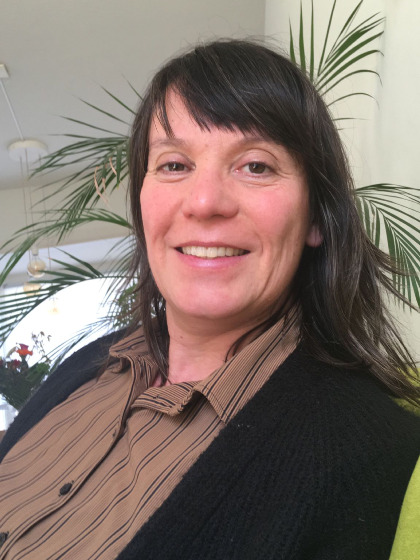prof. dr. L. (Lidewijde) de Jong

Lidewijde de Jong is an archaeologist of the Near East in the Roman period. Her research focuses on the dynamics of ancient empires and identity formation, and extends to the era of the Hellenistic-Seleucid kings, preceding Roman control, and the period after Rome was replaced by Byzantine and Early Islamic rulers. She adds a bottom-up approach to ancient imperialism by investigating the cultural expressions of local communities. Funerary customs in particular, serve in her work as providing key insights to the formation and renegotiation of local identities in the face of imperial and globalizing forces. Her recent book, The Archaeology of Death in Roman Syria (CUP 2017) addresses the twin problem of fragmentation of archaeological evidence and applying acculturation theories to the diverse cultural landscapes of Roman Syria. She has also worked on Roman-Byzantine Tyre, and post-Assyrian Mesopotamia.
She also maintains interests in archaeological theory, and digital approaches to material culture, iconography, and epigraphy. Recently, she has been part of several initiatives aimed at safeguarding cultural heritage of the Middle East.
De Jong completed her PhD in Classical Archaeology at Stanford University. She was awarded an Andrew W. Mellon Foundation Dissertation Fellowship, a Sohaib and Sara Abbasi Program in Islamic Studies Research Grant, a Loeb Classical Library Foundation Fellowship, a Visiting Research Scholarship from the Institute for the Study of the Ancient World (New York University), an Aspasia Grant of the Netherlands Organization for Scientific Research, and recently a Digital Humanities Exploratory Project Grant.
She has carried out fieldwork in Greece, Iraq, Italy, Jordan, Lebanon, Saudi Arabia, Syria, Tunisia, and at present works in Turkey.
For a full CV, see: http://rug.academia.edu/LidewijdeDeJong
| Last modified: | 04 November 2024 3.19 p.m. |
